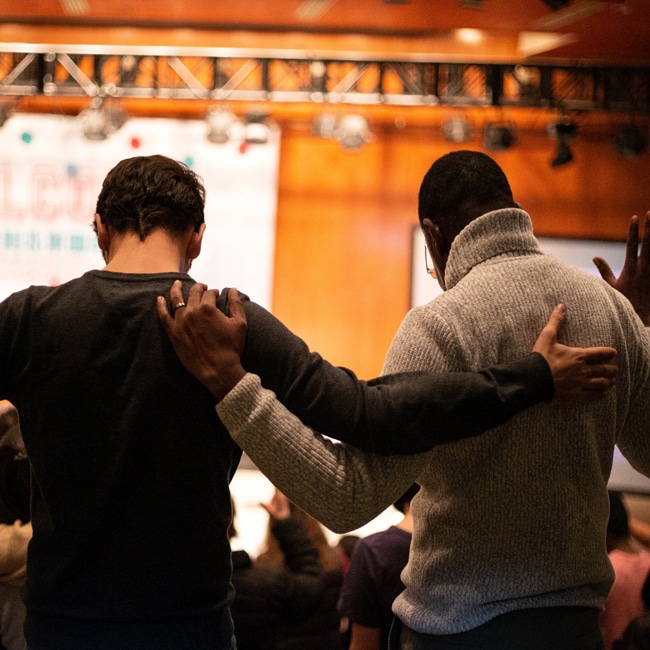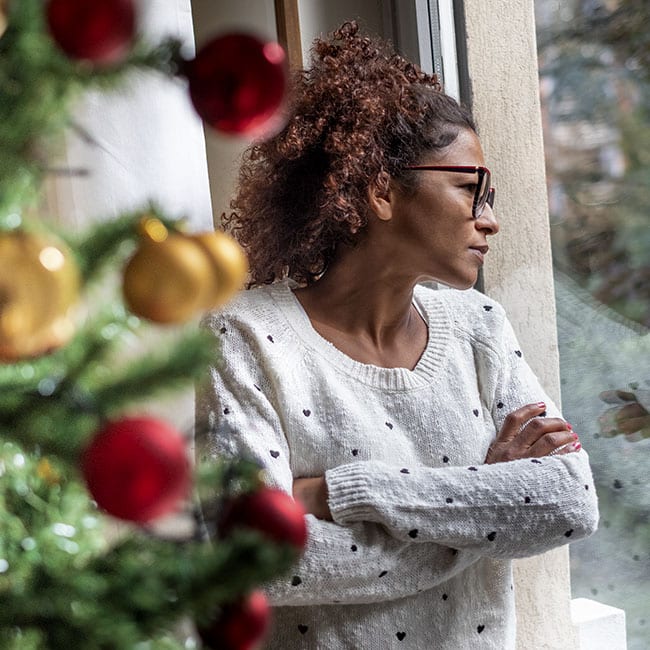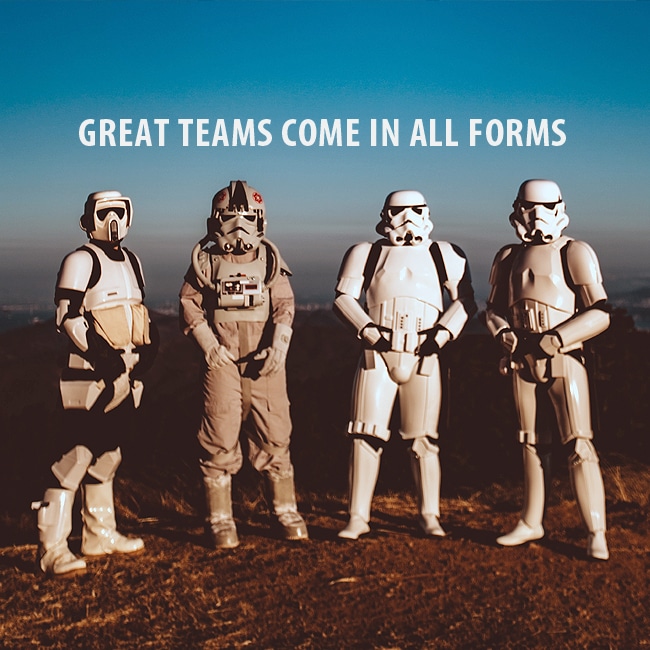Juneteenth
I live in Galveston, Texas, where Juneteenth, the celebration of the emancipation of slaves, originated. It was on June 19th, 1865, that Union soldiers, led by Major General Gordon Granger, landed on our island with the news that the war had ended and slaves were now free. This news was two and a half years after President Lincoln’s Emancipation Proclamation and months after the South surrendered. General Granger read this proclamation:
The people of Texas are informed that in accordance with a Proclamation from the Executive of the United States, all slaves are free. This involves an absolute equality of rights and rights of property between former masters and slaves, and the connection heretofore existing between them becomes that between employer and hired laborer.
This week, thanks to recommendations from friends, I read White Fragility: Why It’s So Hard for White People to Talk About Racism, by Robin DiAngelo, and Less Than Human: Why We Demean, Enslave, and Exterminate Others, by David Livingstone Smith. I also read the history of a large, famous seminary in the South that was founded by slave owners. The biblical scholars and pastors who founded the seminary defended slavery in their teaching and writing, fought for the South in the civil war, promoted segregation, and opposed civil rights. As I ponder the ideas I’ve read, here are a few of my personal reflections and feelings this week:
I don’t know what I don’t know. I was aware of some of the issues facing people of color, but I am still ignorant on the systemic nature of racism. I haven’t thought deeply about how I am part of a system that created the mess we’re in. I am a beneficiary of the system. I don’t write this as an excuse, but as an acknowledgement of how much I need to learn. Like with many things in life, the only way for me to know what I don’t know is to invite truth tellers into my life. To allow truth tellers into my life requires trust. Trust requires relationships. Others will not share their thoughts and feelings with me if they don’t trust me or I don’t trust them. Trust takes time and presence. It requires humility. It also requires me to listen and not become defensive when others speak truth. I’m not very good at hearing what I don’t want to hear about myself or about my tribe. I’m learning.
The problem is so big, what can I do? I found myself looking at the racism in our country and feeling overwhelmed and emotionally exhausted. I can’t change the past. I don’t have much runway left. What can I do? Moving forward, I will be intentional about how I invest my time, my money, and my relationships in efforts to abolish the inequities and injustices created by the dualistic supremacist ideology in our society. So, if you have ideas on where to begin, drop me a note.
What questions are we not asking? Some of my readings this week included the writings of pastors and theologians who taught that White supremacy was God-ordained. This was not a new revelation to me. I knew the history, even of the denomination I served. I congratulated myself that I had put that wrong theology and those who perpetuated these evils in my rear-view mirror.
My readings this week reminded me of the important role that theological education plays in our culture. What we teach matters. Seminary professors in the South taught that Blacks were inferior, to be treated as a commodity like cattle; they were less than human. This view was not limited to the 1800s. As a young man, I heard pastors teach that White supremacy was the result of the curse of Ham upon his son Canaan. This story was used to justify the subjugation of the Canaanite people by the Israelites. Several thousand years later, this same story was used to justify the subjugation of Blacks by Whites—all in the name of God’s will. This theology was incongruent with my experience on an integrated college basketball team, where players were not judged by their skin color, but by their character and contributions to our team. It was also incompatible with my view of a loving God.
The Bible has been wrongly used to oppress others and keep the status quo. If we want to see a systemic change in our country the Church must critically ask, “How has our theology shaped and undergirded domination and supremacy? How did the good news of Jesus become only for the chosen, the select few, the favored? How are the Church’s teachings continuing to contribute to the sins of dominance and racism?
From its inception, Rockbridge has been committed to providing a diverse learning community, not just of skin color, gender, and denominations, but also of thought and practice. We have persons of color on our board and faculty. We can do better. To that continued end, we are asking hard questions about the role we can play in seeing racial equality become a reality in our churches and society. How do we help students think theologically about the issues of our day? In the coming months, we will examine how we can revise our curriculum and add persons of color in leadership roles. We call on our students and alumni to help us shape the future.
Let’s commemorate Juneteenth by working for racial equality. As 1 Corinthians 12 teaches, “If one part suffers, every part suffers with it; if one part is honored, every part rejoices with it.” Until all of us are free, none of us are free. We are in this together.
Rockbridge Commencement – July 13
We invite you to join us for our virtual graduation commencement which premiers on July 13, 2020 at 8:00 p.m. Central (Chicago). To view the event beginning July 13, go to the following link. Please bookmark the link so that you can quickly and easily return to it. Share the link with family and friends. After the ceremony, you will be able to download the video and share it with others. A commencement booklet will also be available before the commencement begins.







